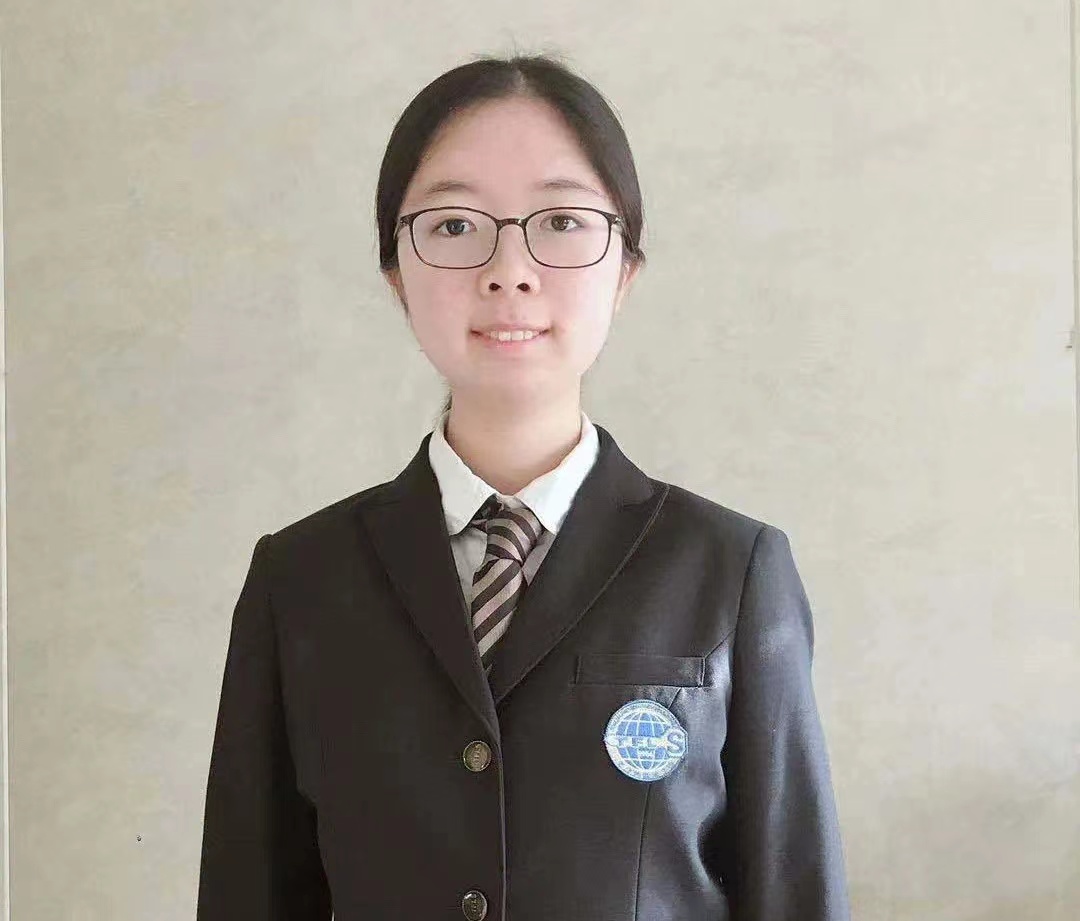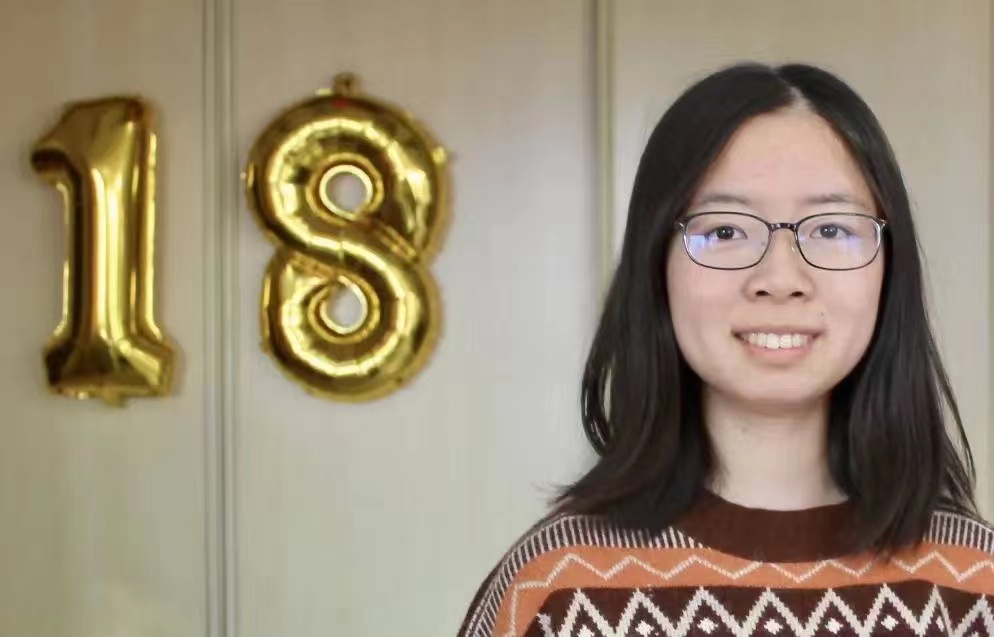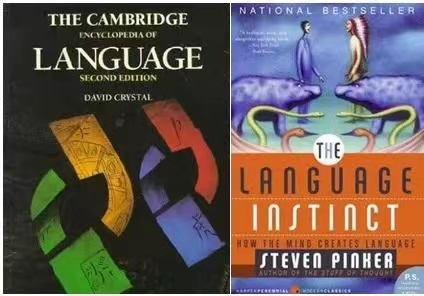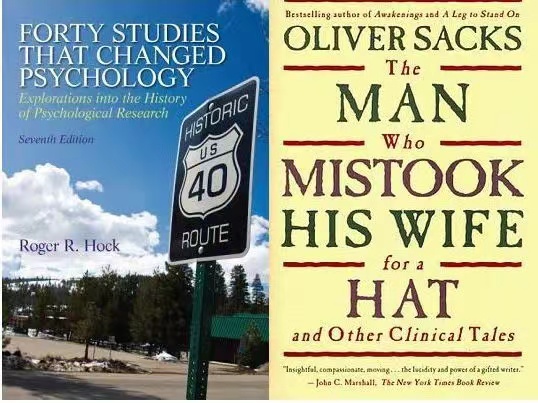 Jane University of Oxford, PPL
Jane University of Oxford, PPL
Background of student:
High school: Affiliated School of Tianjin Foreign Studies University
Courses: AP courses
Selected courses: Grade 10 - U.S. History, English Language; Grade 11 - European History, Psychology, Statistics, Calculus BC, Macroeconomics
Competition: Grade 10 - Linguistics Olympiad Individual Bronze award and Team Silver Award; Year 11 - Individual silver and Team Silver in Linguistics Olympiad
TSA score: 82+, Admitted subject: PPL (Psychology, Philosophy and Linguistics)
According to Blue's data, a total of 34 Chinese students applied for PPL in 2020, and only three were admitted, an acceptance rate of only 8.8%.
Story of Jane

01. Decision to study abroad + apply to UK and US colleges
I became interested in psychology when I was in junior three. I saw that psychology in the United States was ranked very highly, and I thought that the quality of undergraduate education in the United States would be relatively high, so I decided to go abroad.
I had been preparing to go to the United States before the pandemic, but I thought that under these circumstances it would be better to apply to the UK. I'm still waiting for the results in the U.S, but now I really want to go to Oxford!
02. Why did you decide to apply for PPL?
I began to try linguistics in grade 10, and I also participated in the Linguistics Olympiad, and the Linguistics club. It was these interests that sparked my desire to study this course at university.
Originally I was interested in the intersection of cognitive science and cognitive psychology but then last summer, I found that Oxford offers PPL as a course. It perfectly fits my interests, so I decided to apply for it.
03. What preparations have you made for the application?
I have done research and published papers on adolescent depression and stigma and last summer, I also participated in the Pioneer Academics summer school and did a literature review on procrastination. I also worked as a volunteer in Liang Qichao Memorial Hall.
04. What are some of the difficulties in the application process?
Two memorable difficulties were:
1. When I was preparing for TSA I found my scores were going down instead of up which made me very anxious. Later, I reflected that maybe I didn't pay enough attention to why I got certain questions wrong. After focusing on thinking more clearly, and gradually working on my weaknesses, my scores began to improve.
2. It was very difficult for me to prepare for the interview, because I had little experience in academic discussions and was not used to speaking while thinking. This led to some pauses and silence at the beginning of the mock interview. Blue's tutors have given me a lot of help in this respect. They have been helping me acquire the necessary skillset, and the results speak for themselves. I have gained a new appreciation for the techniques required to ace the interview.
05. Why do you choose Blue?
I know Blue has had a lot of success and it has proven itself to be reliable. Additionally, Blue has many tutors from Oxford who can provide guidance, which I think will be particularly helpful for my application.
Blue's guidance in the application process:
A. Choosing a college
I didn't know anything about Oxford's college system at the time. Blue's tutors introduced me to what the college meant to students, and Blue shared exclusive data about the application. These all helped me when I was choosing a college.
B. Personal Statement
I started to write my personal statement at the end of August and finalised it at the beginning of October. It went through five major redrafts, and there were some adjustments and word count corrections right up until the end. The teacher did a very good job in correcting me, every time she looked at my work, she noticed some minor problems in my writing and would help me to correct them.
C. The TSA
I started doing TSA questions with a set of weekly questions and then two or three weeks before the test, the frequency increased a little. The teachers from Blue had very clear ideas and encouraged me to clarify my thoughts and establish a method with which to analyse each topic. In the end, the teachers would go through the work with me me over and over again to guide my thinking and help me find some clever ways to solve the problem.
D. Interview class
Interview courses began at different times for different subjects. Linguistics interviews started during the TSA preparation, and were once a week. Psychology didn't start until after the TSA exam, but I had two psychology teachers tutoring me throughout and Blue had a lot of other teachers tutoring me.
All the interview teachers were great. The linguistics teacher taught me many professional things and recommended many excellent books. The teacher also shared their experience of reading linguistics at Oxford, which was very interesting.
Later on Lucy, the tutor in psychology who conducted the mock interview, was very professional. She interviewed me in many different ways and gave me many different questions. During the mock interview, I became more and more confident. Finally, when it came to the actual interview, the psychology interview went very smoothly. This was in large part because several problems that occured in the interview had been covered in the previous coaching, and thus I knew how to deal with them.
E. Blue's mentors
Tom, the PPL teacher, has been guiding me from the beginning to the end and I really appreciate the help he gave me. From writing documents to preparing for the TSA, I was given very detailed comments on every aspect of the application.
Every explanation was very clear and helpful. In addition, he also gave me interview skills to use for psychology: for example, after seeing the questions, if I have no ideas, I should ask myself 'which aspect can I start with'? I really feel that I have learned a lot from Blue.
06. Online interview lessons learned?
I was still a little nervous during the formal interview, but it didn't take long to get into the swing of things, and once I relaxed, I felt good.
For the online interview, I needed to confirm that there is no problem with the link, because I was a little nervous due to not receiveing the link at the beginning. I think there is no meaningful difference between online interviews and face to face, except that I can only stare at questions and can not draw, which is a little uncomfortable. But I think as long as there is no problem in thinking and I listen to the teacher, there is little impact.
07. Recommendation of books

Grace, who studied Linguistics at Blue, recommended The Cambridge Encyclopedia of Language to me, which inspired me a lot. Before that, I also read Stephen Pinker's 'The Language Instinct', 'Forty Studies that Changed Psychology in AP psychology', and 'The Man Who Mistook His Wife for A Hat'.
I think that all the books on Oxford's preliminary reading list are very good, but I didn't have time to read them all. In addition, it is recommended that you research the papers of your course, so that you can be more familiar with the subject. My personal statement mentioned The Man Who Mistook His Wife for A Hat and it also mentioned that I had done some research projects. I think reading is good for interviews, too.

08. Suggestions to the students who want to apply for PPL
You can read more books to familiarise yourself with the main theories in this field, as well as some research methods, which will benefit you both in writing documents and interviewing by giving you a professional foundation.

